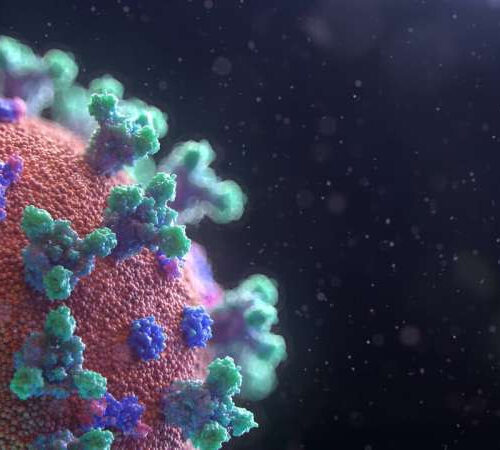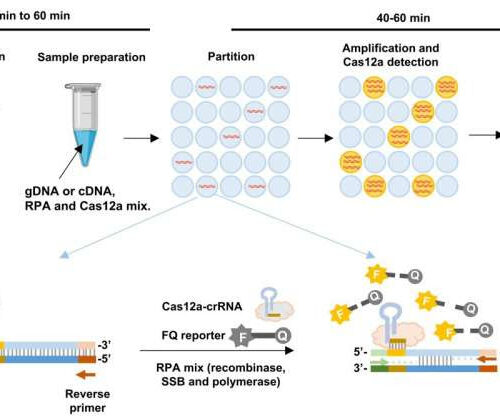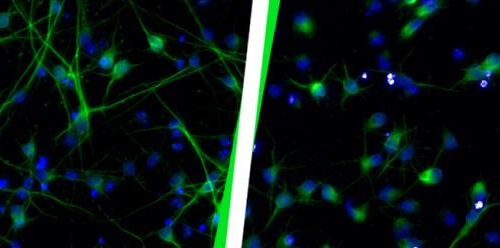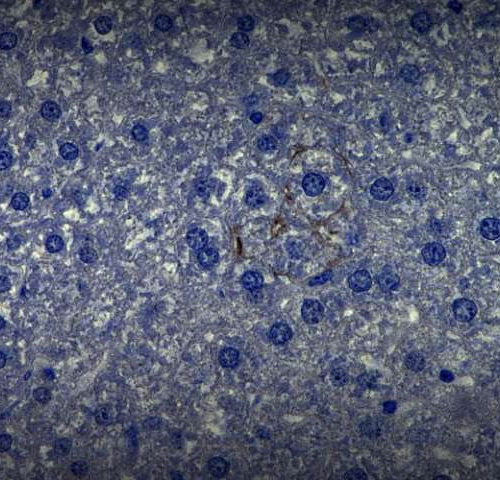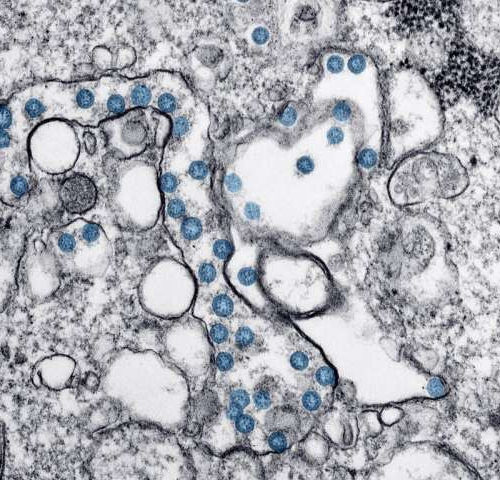Viruses do not always kill the cells they infect. Researchers at the University of Basel have discovered in experiments with mice that cells have the power to self-heal and eliminate viruses. However, these cells undergo long-term changes. The findings may provide a hint as to why cured hepatitis C patients are more susceptible to liver cancer for...
Tag: <span>viruses</span>
‘Unlocking’ the potential of viruses to fight cancer
by Luxembourg Institute of Health Credit: Unsplash/CC0 Public Domain Researchers from the Laboratory of Oncolytic-Virus-Immuno-Therapeutics (LOVIT) at the LIH Department of Oncology (DONC) are working on the development of novel anticancer strategies based on oncolytic viruses, ‘good’ viruses that can specifically infect, replicate in and kill cancer cells. In particular, the LOVIT team elucidated the...
Researchers develop method for rapid, accurate detection of viruses
by Singapore-Mit Alliance For Research and Technology, Singapore-MIT Alliance for Research and Technology The figure shows the schematic illustration of RADICA. After DNA/RNA extraction, samples can be used for the detection and quantification of various targets. RPA-Cas12a reaction in each positive partition exponentially amplifies the target DNA, triggering more Cas12a activation and increasing the fluorescence readout....
The viruses in our genes: When activated, they damage brain development
HELMHOLTZ ZENTRUM MÜNCHEN – GERMAN RESEARCH CENTER FOR ENVIRONMENTAL HEALTH IMAGE: NEURONS ON THE RIGHT HAVE LOST THEIR FUNCTION AND SHOW A DIFFERENT PHENOTYPE. CREDIT: HELMHOLTZ ZENTRUM MÜNCHEN / MICHELLE VINCENDEAU Since our ancestors infected themselves with retroviruses millions of years ago, we have carried elements of these viruses in our genes – known as...
Viruses shown to evolve as a result of different immune responses in different ethnic populations
Posted Today Differences in the cellular immune system in different human populations are now known to influence a virus’s evolution. A virus will adapt and may ultimately form subtypes to escape common antiviral immune responses. For the first time, in a paper published in Virus Evolution, Professor Astrid Iversen of the Nuffield Department of Clinical Neurosciences at...
Viruses that heal
At its annual event yesterday, the University Medicine Zurich initiative presented its new flagship project ImmunoPhage: a groundbreaking endeavour that aims to develop bacteriophages for treating urinary tract infections. Bacteriophages are highly specialized viruses that attack and destroy bacteria. French-Canadian biologist Félix d’Hérelle gave these viruses their name, which means “bacteria eater”, when he first...
How the immune system remembers viruses
TECHNICAL UNIVERSITY OF MUNICH (TUM) When a virus enters the body, it is picked up by certain cells of the immune system. They transport the virus to the lymph nodes where they present its fragments, known as antigens, to CD8+ T cells responsible control of viral infections. Each of these cells carries a unique T...
Study shows main cell type in the liver has key role in defending against some viruses
by The Scripps Research Institute Through experiments involving modified versions of liver cells known as “hepatocytes” (pictured), scientists showed that these cells likely absorb viruses in the body to slow their spread. Scientists at Scripps Research have uncovered an important disease-fighting role for cells called hepatocytes, which constitute most of the liver. The discovery could potentially be harnessed to develop...
Mosquito-borne viruses linked to stroke
UNIVERSITY OF LIVERPOOL A deadly combination of two mosquito-borne viruses may be a trigger for stroke, new research published in the The Lancet Neurology has found. University of Liverpool researchers and Brazilian collaborators have been investigating the link between neurological disease and infection with the viruses Zika and chikungunya. These viruses, which mostly circulate in the tropics,...
Middle-aged individuals may be in a perpetual state of H3N2 flu virus susceptibility
by Perelman School of Medicine at the University of Pennsylvania Credit: Unsplash/CC0 Public Domain Penn Medicine researchers have found that middle-aged individuals—those born in the late 1960s and the 1970s—may be in a perpetual state of H3N2 influenza virus susceptibility because their antibodies bind to H3N2 viruses but fail to prevent infections, according to a new...

